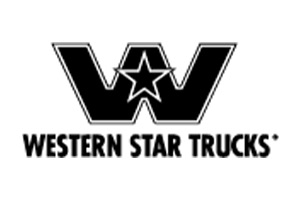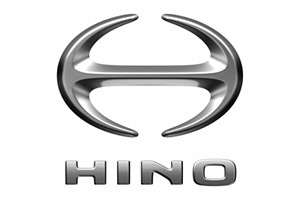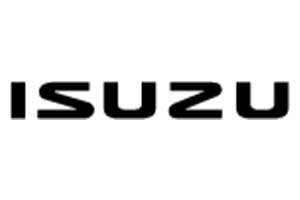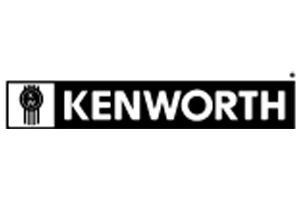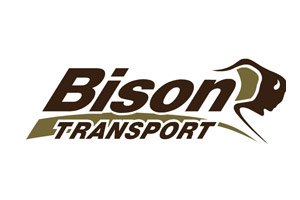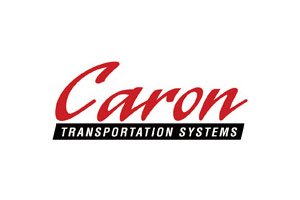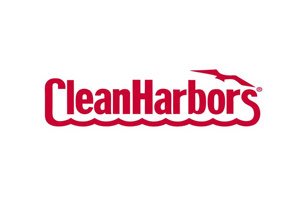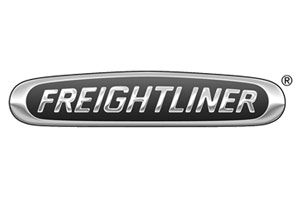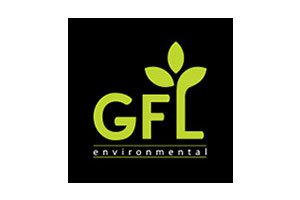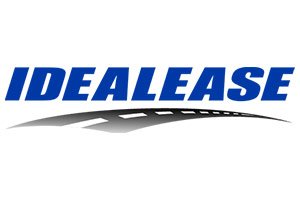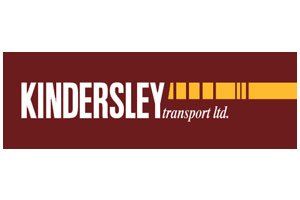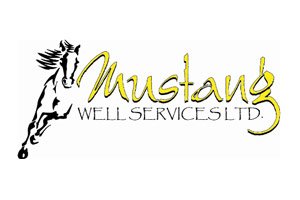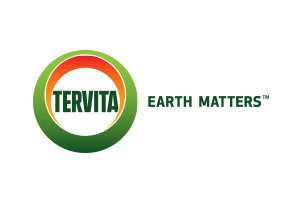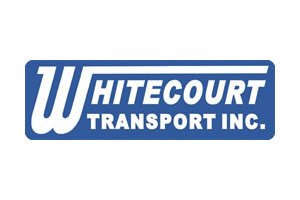
Commercial Vehicle Inspections Edmonton: Guidelines & Benefits
Did you know that over 20% of commercial vehicles fail safety inspections annually in Edmonton? These crucial checks are vital to keeping our roads safe and preventing accidents. Regular inspections not only ensure compliance with regulations but also help identify potential issues before they escalate. By investing in thorough commercial vehicle inspections, businesses can avoid costly fines, maintain a positive reputation, and most importantly, protect drivers and other road users from harm.
Importance of CVIP Inspections
Safety Measures
Regular maintenance checks for commercial vehicles are essential to ensure safe operation on the roads. Training drivers in defensive driving techniques and safety protocols significantly reduce the risk of accidents. Thorough inspections of brakes, tires, lights, and other critical components enhance overall vehicle safety.
Legal Requirements
Understanding and complying with federal and provincial regulations for commercial vehicle inspections is crucial. Keeping up-to-date records of inspections is necessary to meet legal standards. Non-compliance with inspection regulations can result in fines, penalties, or even suspension of operating licenses.
Process Overview
Familiarizing yourself with the step-by-step process of commercial vehicle inspections is vital for ensuring compliance. All aspects of the vehicle must be inspected according to the checklist provided. Following a systematic approach helps streamline the inspection process, saving time and ensuring thoroughness.
Regulations Overview
Edmonton Guidelines
Edmonton enforces specific guidelines for commercial vehicle inspections, crucial for ensuring road safety. Stay informed about Edmonton's distinct regulations to avoid penalties. Seek assistance from local authorities or resources to clarify inspection rules.
CVIP Necessities
To comply with Edmonton's regulations, equip your commercial vehicle with essential safety features. Possessing a valid Commercial Vehicle Inspection Program (CVIP) certificate is vital. Adhering to CVIP requirements from the commercial vehicle inspection unit is mandatory for legal operation in Edmonton.
Inspection Process
Step-by-Step Guide
Begin the inspection by checking the vehicle's exterior for any visible damage. Inspect the interior components like seatbelts, mirrors, and emergency exits. Conclude by verifying the vehicle's documentation and certification.
When starting the inspection, focus on the vehicle's exterior first. Look for any visible damage or irregularities that may affect its safety on the road. Move on to examining the interior components, ensuring that essential features like seatbelts and emergency exits are in proper working condition. Lastly, wrap up the inspection by confirming that all necessary documents and certifications are valid and up to date.
Documentation Needed
Prepare essential documents such as registration papers, insurance certificates, and previous inspection records. Keep a logbook of all maintenance and inspection activities for easy reference. Ensure that all required documentation is readily available whenever inspections are conducted.
Gather all necessary paperwork before heading into an inspection session. Have your registration papers, insurance certificates, and any previous inspection records organized and easily accessible. Maintaining a detailed logbook of all maintenance and inspection activities can help track the vehicle's history effectively. Make sure to have these documents handy at all times during inspections to streamline the process.
CVIP Benefits
Enhanced Safety
Invest in advanced safety technologies to enhance the overall safety of your commercial vehicle. Regularly update safety features to meet industry standards and regulations. Prioritize safety training for drivers to reduce the risk of accidents and ensure compliance.
Compliance Advantages
Understand the benefits of complying with commercial vehicle inspection regulations. Avoid penalties and fines by maintaining proper inspection records. Build a reputation for safety and reliability by consistently meeting compliance standards.
School Bus Inspections
Special Regulations
School bus operators must stay informed about any special regulations or exemptions that apply to commercial vehicles. It is crucial to consult with regulatory authorities to clarify any uncertainties regarding these regulations. Ensuring full compliance with all relevant rules is essential to avoid legal complications.
When dealing with school bus inspections, it's vital to be aware of any special regulations that may affect your operations. By understanding and following these rules, you can prevent potential issues and ensure a smooth inspection process.
Safety Protocols
Establishing clear safety protocols for drivers is paramount before and after each trip. Regular safety training sessions should be conducted to reinforce safe driving practices. Creating a culture that prioritizes safety within your commercial vehicle operations is key.
Implementing robust safety protocols for school bus drivers can significantly enhance the overall safety of students on board. By conducting regular training sessions and emphasizing the importance of safety, you can reduce the risk of accidents and ensure a secure transportation environment.
Choosing Providers
Reputable Services
When selecting commercial vehicle inspection services, prioritize reputation for quality and reliability. Look for providers with positive customer reviews.
Research ratings and feedback to ensure you choose a service known for thorough inspections. Opt for companies with a proven track record.
Consider the expertise and experience of the inspection service provider. This ensures reliable assessments and recommendations for your vehicles.
Expertise Levels
Evaluate the inspection technicians' expertise to guarantee accurate assessments. Trust professionals with the right qualifications and certifications.
Experienced technicians can identify potential issues efficiently during inspections. This leads to reliable and actionable recommendations for maintenance or repairs.
Inspection Tips
Preparation Checklist
Create a comprehensive checklist for commercial vehicle inspections, including items like steering, tires, and wheels. Organize tasks systematically to ensure thorough examination of each component. Prioritize critical areas for efficient inspection processes. Review the checklist regularly to incorporate any updates or changes in inspection requirements.
Common Issues
Identify common issues faced by commercial vehicles during inspections, such as steering misalignment or tire wear. Address recurring problems promptly to prevent future issues that may affect vehicle safety. Implement preventive maintenance measures, like regular tire rotations and wheel alignments, to mitigate common inspection issues.
Commercial Vehicles Overview
Types and Uses, Heavy Duty Trucks, Trailers and Other Commercial Equipment
Commercial vehicles encompass a wide range of vehicles designed for various purposes. Truck trailers are commonly used for transporting goods over long distances. Light trucks are ideal for local deliveries due to their maneuverability.
Tailoring inspection procedures is crucial to meet the specific requirements of each commercial vehicle type. For instance, heavy-duty trucks may require more in-depth inspections compared to light trucks. Understanding the unique uses of each vehicle aids in conducting thorough inspections.
Inspecting trailers and other commercial equipment involves assessing critical components like the powertrain and braking systems. Each type of equipment has distinct features that necessitate specialized inspection techniques. Adhering to manufacturer guidelines ensures comprehensive inspections.
Inspection Frequency
Determining the optimal frequency for commercial vehicle inspections is essential for ensuring safety and compliance. Regular inspections help identify issues early and prevent breakdowns on the road. Factors such as vehicle age, mileage, and usage patterns influence inspection schedules.
Following a consistent inspection schedule is key to maintaining the safety and performance of your fleet. Conducting routine checks mitigates the risk of unexpected failures during operation. Adjusting the inspection frequency based on factors like seasonal changes or increased workload optimizes maintenance efforts.
Resources Access
Online Guides
Utilize online resources to access a plethora of information on commercial vehicle inspections in Edmonton. Stay updated on the latest industry standards and regulations by referring to reputable websites and online guides. These resources offer valuable insights into conducting thorough inspections to ensure compliance with safety requirements.
Access digital tools that streamline the inspection process, making it more efficient and accurate. Utilize software applications designed specifically for commercial vehicle inspections to simplify tasks such as documenting findings, generating reports, and tracking maintenance schedules. These tools can significantly enhance the overall inspection workflow, saving time and improving accuracy.
Explore online training modules to deepen your understanding of commercial vehicle inspection best practices. Enroll in virtual courses offered by industry experts to acquire new skills and knowledge related to inspecting different types of commercial vehicles. These modules cover various topics such as identifying common issues, conducting comprehensive checks, and interpreting inspection results accurately.
Incorporate checklists from online guides into your inspection routine to ensure no critical steps are missed during the process. Refer to detailed checklists provided by reputable sources to guide you through each stage of the inspection, from initial visual assessments to in-depth mechanical examinations. By following these structured guides, you can conduct thorough and systematic inspections consistently.
Benefit from video tutorials available online that demonstrate practical tips and techniques for conducting effective commercial vehicle inspections. Watch step-by-step videos created by experienced inspectors to learn about proper inspection procedures, common pitfalls to avoid, and best practices for ensuring vehicle safety compliance. Visual demonstrations can enhance your learning experience and improve your inspection skills significantly.
Stay informed about regulatory updates by subscribing to industry newsletters and online forums dedicated to commercial vehicle inspections. Receive real-time notifications about changes in regulations, new inspection requirements, and emerging trends in the transportation sector. Engage with other professionals in online communities to exchange insights and stay abreast of developments in the field.
Guidelines for Commercial Vehicle Inspections In Alberta and Canada
Inspection Requirements
Commercial vehicle inspections in Alberta and Canada are crucial to ensure road safety. Inspectors check various components like brakes, lights, tires, and steering systems to guarantee compliance.
Frequency of Inspections
Commercial vehicles must undergo regular inspections as per regulations. In Alberta, a commercial vehicle inspection is required annually or semi-annually based on the vehicle's weight and type.
Inspection Process
During a commercial vehicle inspection, inspectors thoroughly examine essential parts of the vehicle. They assess the condition of brakes, tires, suspension systems, lights, and other critical components.
Importance of Inspections
Regular commercial vehicle inspections help prevent accidents by identifying potential issues early. Ensuring that vehicles meet safety standards enhances road safety for all motorists.
Compliance with Regulations
To operate legally in Alberta and Canada, commercial vehicles must comply with strict inspection requirements. Failure to adhere to these regulations can result in fines or even suspension of operating permits.
Benefits of Regular Inspections
-
Enhanced Safety: Regular inspections reduce the risk of accidents due to faulty equipment.
-
Cost Savings: Identifying issues early prevents costly repairs or replacements down the line.
Benefits of CVIP from Coppertop
Enhanced Safety
Conducting regular CVIP inspections ensures that commercial vehicles are in optimal condition, reducing the risk of accidents. By identifying and addressing potential issues early on, Coppertop's inspections contribute to safer roads.
Compliance Assurance
With Coppertop's CVIP, businesses can rest assured that their vehicles meet all legal requirements and standards. This not only prevents fines and penalties but also maintains the company's reputation for compliance.
Cost Savings
Choosing Coppertop for CVIP inspections can lead to significant cost savings in the long run. By detecting problems early, companies can avoid expensive repairs and downtime, ultimately increasing efficiency.
Final Remarks
You now understand the critical role of Commercial Vehicle Inspections in ensuring safety and compliance. By following regulations, conducting thorough inspections, and choosing reliable providers, you can safeguard your commercial vehicles and drivers. Remember, regular inspections not only keep you compliant with the law but also prevent accidents and costly downtime. Stay informed about the guidelines and benefits outlined here to make informed decisions for your fleet.
For expert guidance on CVIP inspections and to access resources that will streamline the process for you, reach out to reputable service providers. Keep your vehicles road-worthy and your operations smooth by prioritizing regular inspections. Your commitment to safety and compliance will pay off in the long run.
Frequently Asked Questions
Is CVIP inspection mandatory for commercial vehicles in Edmonton?
Yes, CVIP inspections are mandatory for commercial vehicles in Edmonton to ensure they meet safety standards and regulatory requirements.
What are the benefits of getting a CVIP inspection for my commercial vehicle?
A CVIP inspection ensures your commercial vehicle is safe to operate, reduces the risk of breakdowns, helps maintain compliance with regulations, and enhances overall road safety.
How can I find reliable providers for CVIP inspections in Edmonton?
You can find reliable providers for CVIP inspections by researching online reviews, checking their certifications, asking for recommendations from other businesses, and ensuring they have experience with commercial vehicles.
What is involved in the CVIP inspection process?
The CVIP inspection process involves a thorough examination of various components of your commercial vehicle such as brakes, lights, tires, steering, suspension, and more to ensure they meet safety standards set by authorities.
Are there specific guidelines for commercial vehicle inspections, including truck trailers, in Alberta province and Canada?
Yes, there are specific guidelines outlined by authorities in Alberta and Canada that detail the requirements and procedures for conducting commercial vehicle inspections to ensure compliance with safety regulations.

